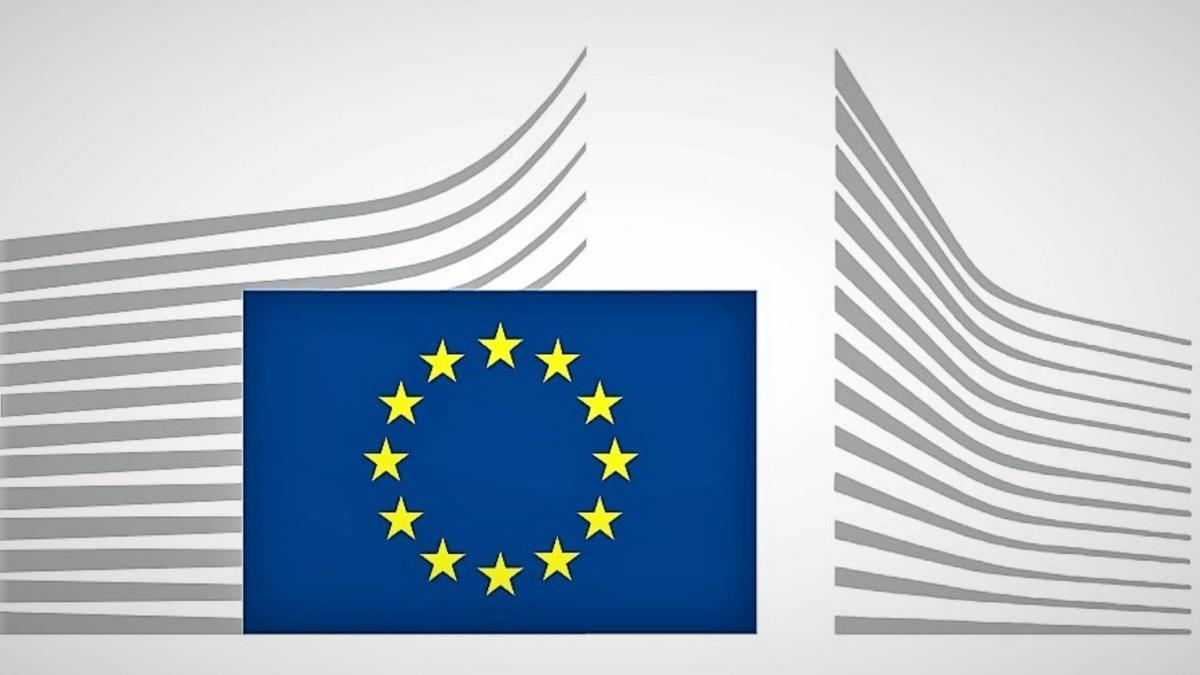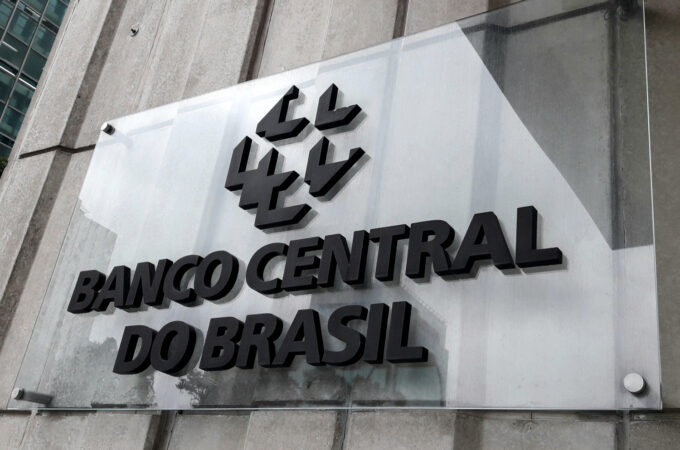
European Commission Presents Proposal for Digital Euro
The European Commission has released its legislative proposal outlining the framework for a digital euro, signaling a transformative shift in the way transactions are conducted across the euro area. With the potential to become a universal means of payment akin to banknotes and coins, the proposed digital euro holds the promise of wide acceptance and accessibility for all.
Under the legislative proposal, the digital euro would attain legal tender status, ensuring its recognition and adoption as a trusted medium of exchange. Individuals would have the convenience of obtaining digital euros through their banks upon request, eliminating any exclusionary barriers and ensuring financial inclusion for all citizens.
The proposal further introduces the provision for basic digital euro services to be accessible to individuals free of charge. Simultaneously, it offers private intermediaries appropriate incentives to facilitate the distribution of the digital euro, similar to other digital payment methods, while safeguarding merchants from excessive fees.
An essential aspect of the legislation is the emphasis on protecting user privacy and data, while simultaneously mitigating risks associated with money laundering and terrorist financing. The proposal also incorporates offline digital euro payments to provide a level of privacy akin to cash transactions, preserving the cash-like anonymity that users value.
“The euro stands as the most tangible symbol of European integration,” stated Christine Lagarde, President of the ECB. “Citizens place immense trust and value in our currency. Collaborating with fellow EU institutions, we are committed to developing a digital euro that ensures our currency remains relevant in the digital era.”
The ongoing investigation phase of the digital euro project is set to conclude in October 2023. At that point, the Governing Council of the ECB will decide whether to proceed to the subsequent phase, involving further development and testing of technical solutions and business arrangements. The ultimate decision to issue a digital euro would only be made following the adoption of the legislative act.
Fabio Panetta, Executive Board member and Chair of the High-Level Task Force on a digital euro, expressed the significance of the legislative proposal in ensuring the digital euro encompasses the valued aspects of physical cash. “The legislative proposal is instrumental in ensuring that the digital euro delivers value to the people, incorporating the esteemed characteristics of cash into the digital realm,” he affirmed. Panetta also commended the Commission’s proposal for maintaining the legal tender status of euro cash, guaranteeing accessibility and acceptance throughout the euro area.





